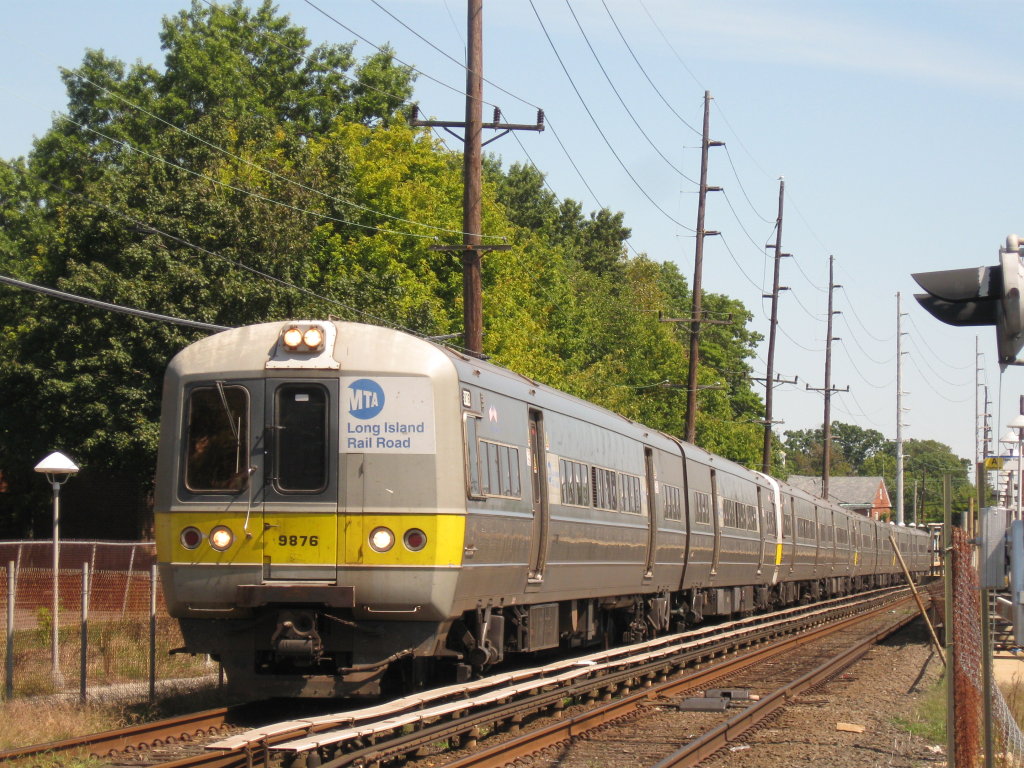Cybersecurity Flaw in U.S. Rail Signaling Systems Poses Threat to Train Safety and Operations
 From the Perspective of the New York Train Accident Attorneys at Gair, Gair, Conason, Rubinowitz, Bloom, Hershenhorn, Steigman & Mackauf
From the Perspective of the New York Train Accident Attorneys at Gair, Gair, Conason, Rubinowitz, Bloom, Hershenhorn, Steigman & Mackauf
A critical vulnerability in U.S. railroad braking systems—one that could allow a hacker to remotely stop or even derail a train—was recently disclosed by federal authorities, raising serious concerns about passenger safety and operational integrity across the nation’s railroads.
According to a July 10 advisory issued by the Cybersecurity and Infrastructure Security Agency (CISA), the flaw—tracked as CVE-2025-1727—affects the radio-based communication protocols used in end-of-train and head-of-train devices. These devices are crucial to sending braking commands from the front to the rear of the train. The vulnerability stems from weak authentication within the protocol, which means a hacker with basic radio hardware could potentially broadcast fraudulent signals capable of halting a moving train.
The potential implications are devastating. A sudden, unauthorized stop could cause derailments, serious injuries, or worse. From a legal standpoint, this type of systemic vulnerability puts not only train operators and passengers at risk, but also undermines the public’s trust in the rail system’s ability to safeguard human life and cargo.
A Decade of Warnings Ignored
Shockingly, the flaw isn’t new. Researchers Neil Smith and Eric Reuter identified it years ago, with Smith reportedly alerting the Department of Homeland Security as early as 2012. Yet the response from industry stakeholders has been, at best, dismissive. The Association of American Railroads (AAR)—tasked with overseeing the protocol in question—reportedly declined to act on the vulnerability, deeming it insignificant and labeling the affected devices as “end of life,” despite their continued use.
Smith’s attempts to raise the alarm over the years were allegedly rebuffed until CISA resumed engagement in 2024. Even now, full replacement of the vulnerable systems is not expected until 2027.
Legal Implications and Public Accountability
As attorneys who represent victims of train accidents—including derailments, signal failures, and systemic negligence—we are deeply concerned that preventable dangers like this are being allowed to persist for years, despite credible warnings. Should a derailment or braking incident occur as a result of this vulnerability, the railroads and regulatory bodies could face substantial liability for knowingly failing to act on a documented and serious threat.
When corporations or agencies ignore cybersecurity warnings related to safety-critical infrastructure, they expose passengers, employees, and entire communities to avoidable danger. If lives are lost or injuries sustained as a result of this negligence, victims and their families are entitled to pursue justice through the courts.
What’s Next?
While it’s reassuring that CISA has now formally acknowledged the flaw, the fact remains that millions of Americans continue to ride trains every day using vulnerable systems. The delay in implementing a solution is unacceptable.
We urge the federal government and industry leaders to expedite remediation efforts, increase transparency around safety issues, and establish independent oversight to ensure cybersecurity is treated with the same urgency as mechanical maintenance and crew training.
If you or a loved one has been harmed in a train accident—whether due to equipment failure, negligence, or suspected cyber intrusion—contact our experienced team of train accident attorneys at Gair, Gair, Conason, Rubinowitz, Bloom, Hershenhorn, Steigman & Mackauf at 212-943-1090 for a free consultation.
Safety cannot be optional. Accountability starts now.
 New York Personal Injury Attorneys Blog
New York Personal Injury Attorneys Blog


